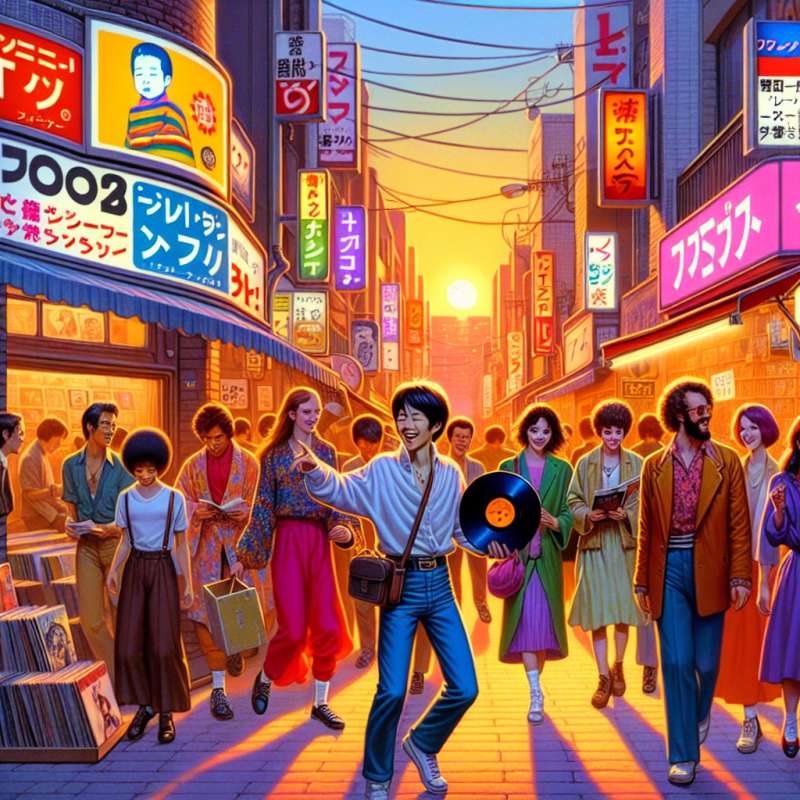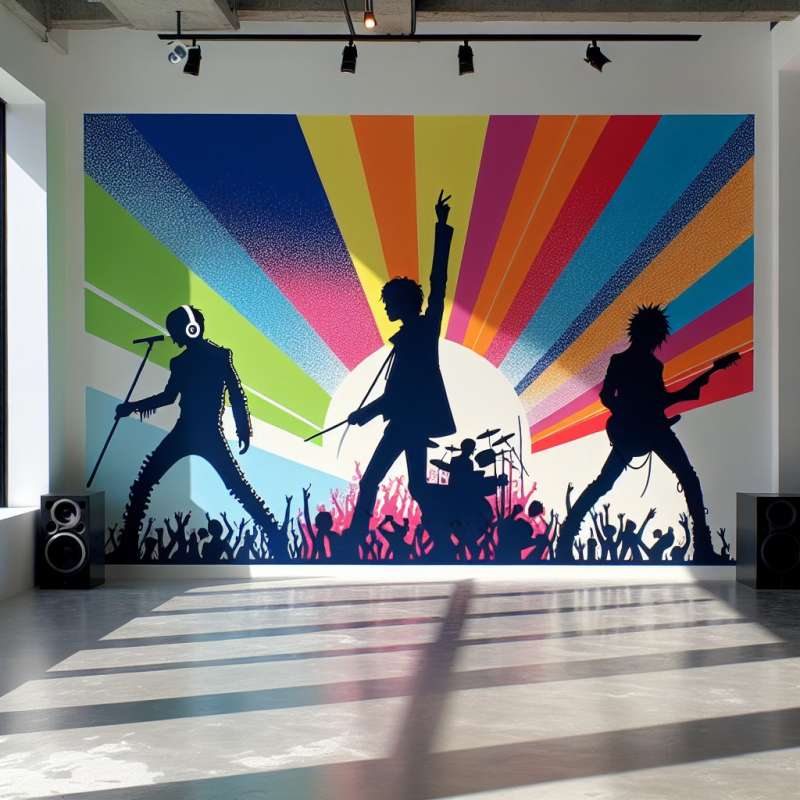
J-Pop Origins
J-Pop, a blend of 'Japanese Pop', originated in the 1990s. It evolved from city pop, a genre that reflected Japan's bubble economy era, incorporating Western musical influences and creating a distinct Japanese sound.
City Pop Roots
City pop, the precursor to J-Pop, thrived in the 1980s. Artists like Tatsuro Yamashita and Mariya Takeuchi were pioneers, blending funk, jazz, and disco, setting the stage for J-Pop's emergence.
Technological Impact
The rise of technology, particularly Roland synthesizers and drum machines, played a key role in shaping J-Pop. These instruments became staples in Japanese music production, influencing the genre's distinctive electronic sound.
Anime and J-Pop Synergy
Anime significantly boosted J-Pop's global appeal. Iconic theme songs and soundtracks, often performed by J-Pop artists, helped the genre reach international audiences and become synonymous with Japanese pop culture.
Idol Culture Emergence
The 1980s saw the birth of idol culture in Japan, with acts like Seiko Matsuda. Idols' influence expanded in the 90s and 2000s, as groups like AKB48 dominated charts with a mix of music, image, and fan interaction.
Shibuya-kei Movement
In the 1990s, the Shibuya-kei movement brought a cosmopolitan sound to J-Pop. Artists like Cornelius and Pizzicato Five combined pop with bossa nova and other international styles, showing J-Pop's genre-blending versatility.
Modern J-Pop Evolution
Today, J-Pop continues to evolve with diverse influences. From Perfume's electropop beats to the rock-infused sounds of bands like ONE OK ROCK, J-Pop remains a dynamic and ever-changing genre.Unexpected Idol Impact
In 2011, AKB48's single 'Flying Get' sold over a million copies on its release day, a feat rarely seen in the digital age.
What era influenced city pop?
1990s bubble economy
1980s economic downturn
2000s digital boom
Company